
Roppongi: Tokyo's Pulsating Heart of Nightlife and Culture
Roppongi is a vibrant and dynamic neighborhood located in the heart of Tokyo. Known for its bustling nightlife, Roppongi offers a plethora of bars, clubs, and restaurants that cater to both locals and international visitors. As the sun sets, the streets come alive with neon lights and the sound of music, making it an ideal destination for night owls and party-goers. Apart from its nightlife, Roppongi also boasts a rich cultural scene. The area is home to the famous Roppongi Hills and Tokyo Midtown, which house some of the city's most prestigious art galleries and museums, including the Mori Art Museum and the Suntory Museum of Art. These cultural hubs offer a perfect blend of contemporary and traditional Japanese art, providing a unique experience for art enthusiasts. For those looking to relax and unwind, Roppongi has several parks and green spaces, such as the beautiful Mohri Garden, where visitors can take a leisurely stroll and enjoy the serene environment. The neighborhood is also known for its diverse culinary scene, offering everything from high-end dining to delicious street food, ensuring that every palate is satisfied. Whether you're looking to explore Tokyo's nightlife, immerse yourself in art and culture, or simply enjoy a good meal, Roppongi has something for everyone.
Local tips in Roppongi
- Visit Roppongi Hills for panoramic views of Tokyo from the observation deck.
- Check out the Mori Art Museum for contemporary art exhibitions.
- Explore Tokyo Midtown for a blend of shopping, dining, and art.
- Take a walk in Mohri Garden for a peaceful break from the city's hustle.
- Try the local izakayas for an authentic Japanese dining experience.
Roppongi: Tokyo's Pulsating Heart of Nightlife and Culture
Roppongi is a vibrant and dynamic neighborhood located in the heart of Tokyo. Known for its bustling nightlife, Roppongi offers a plethora of bars, clubs, and restaurants that cater to both locals and international visitors. As the sun sets, the streets come alive with neon lights and the sound of music, making it an ideal destination for night owls and party-goers. Apart from its nightlife, Roppongi also boasts a rich cultural scene. The area is home to the famous Roppongi Hills and Tokyo Midtown, which house some of the city's most prestigious art galleries and museums, including the Mori Art Museum and the Suntory Museum of Art. These cultural hubs offer a perfect blend of contemporary and traditional Japanese art, providing a unique experience for art enthusiasts. For those looking to relax and unwind, Roppongi has several parks and green spaces, such as the beautiful Mohri Garden, where visitors can take a leisurely stroll and enjoy the serene environment. The neighborhood is also known for its diverse culinary scene, offering everything from high-end dining to delicious street food, ensuring that every palate is satisfied. Whether you're looking to explore Tokyo's nightlife, immerse yourself in art and culture, or simply enjoy a good meal, Roppongi has something for everyone.
Iconic landmarks you can’t miss
Roppongi Hills
Experience the heart of Tokyo at Roppongi Hills, where culture, art, and urban life converge amidst stunning city views.
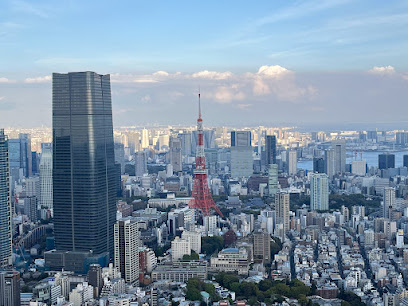
The National Art Center Tokyo
Discover the dynamic world of art at The National Art Center Tokyo, where every visit unveils new exhibitions and creative experiences in a stunning architectural setting.
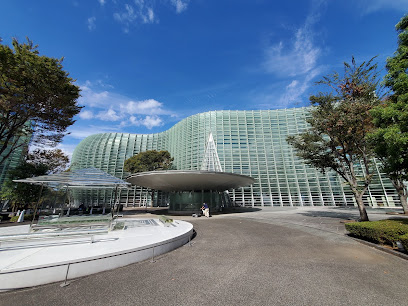
Tokyo City View
Experience the breathtaking panoramic views of Tokyo from the Tokyo City View observation deck at Roppongi Hills, a must-see for every tourist.
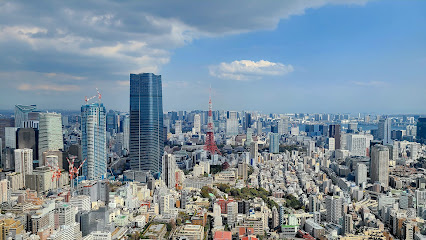
Roppongi Hills Mori Tower
Experience the best of shopping, dining, and breathtaking views at Roppongi Hills Mori Tower in Tokyo's vibrant Roppongi district.
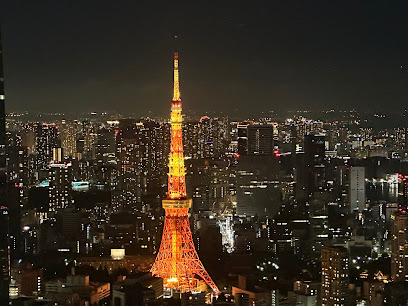
Hinokicho Park
Experience the tranquil charm of Hinokicho Park in Tokyo, where nature meets art in a serene urban oasis.
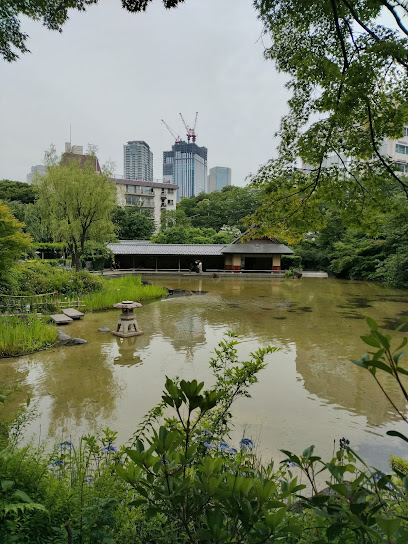
Mohri Garden
Discover the tranquil beauty of Mohri Garden in Tokyo's Roppongi district, a serene escape featuring seasonal flowers and traditional Japanese landscapes.
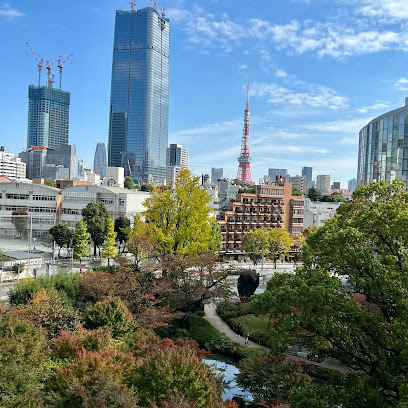
Roppongi Keyakizaka St.
Experience the vibrant blend of art, shopping, and dining at Roppongi Keyakizaka Street, a must-visit location in the heart of modern Tokyo.
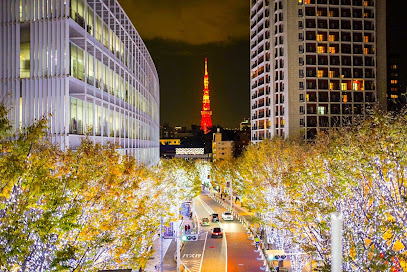
Roppongi Sakura-zaka
Discover the beauty of Roppongi Sakura-zaka, a scenic spot in Tokyo known for its stunning cherry blossoms and vibrant cultural atmosphere.
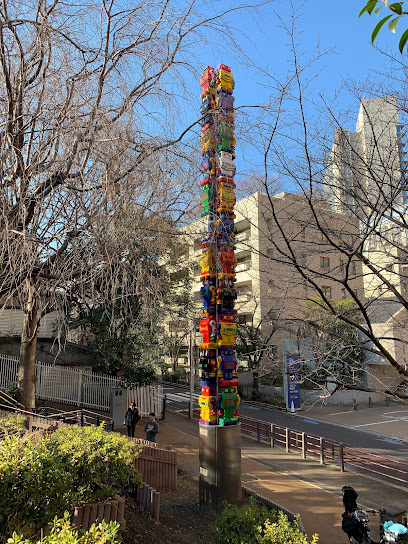
Otafukuzaka
Explore Otafukuzaka in Roppongi, Tokyo, where history meets modernity in a serene and picturesque setting.
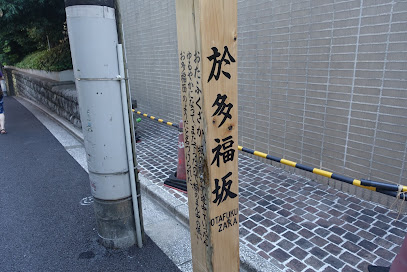
THE ROPPONGI TOKYO完成記念碑
Explore the artistic brilliance of Roppongi Tokyo Sculpture, a contemporary masterpiece that embodies the spirit of modern Japan.
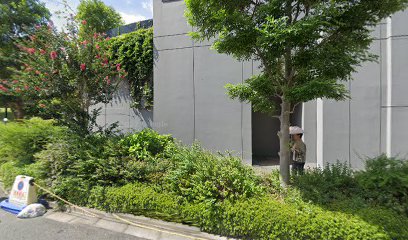
Unmissable attractions to see
Tokyo Tower
Discover breathtaking views and cultural treasures at Tokyo Tower, an iconic landmark blending tradition with modernity in Japan's vibrant capital.
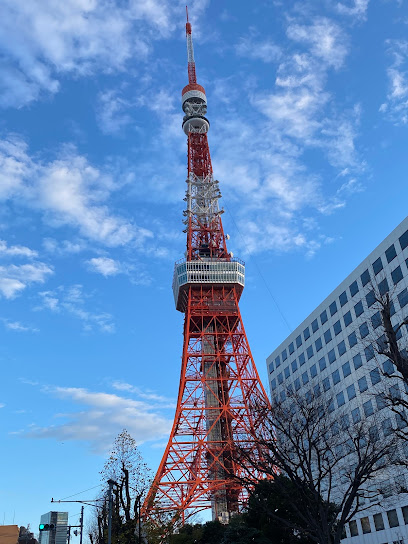
Roppongi Hills
Experience Tokyo's modern urban landscape at Roppongi Hills, offering art, observation decks, gardens, shopping, and dining in one complex.
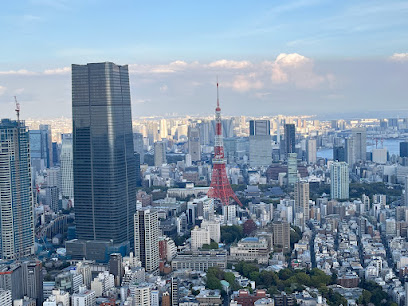
The National Art Center Tokyo
Explore diverse art exhibitions in a stunning architectural space. The National Art Center, Tokyo: Where art is always evolving.
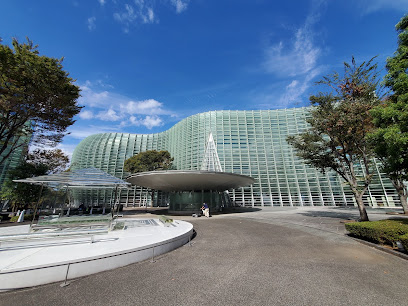
Mori Art Museum
Experience the vibrant world of contemporary art at the Mori Art Museum, a cultural gem in Tokyo's Roppongi Hills offering stunning views and innovative exhibitions.
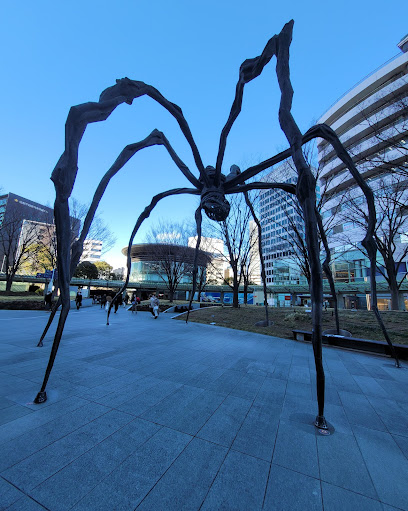
Tokyo City View
Explore Tokyo from above at the Tokyo City View observation deck, where stunning panoramas and vibrant city life meet breathtaking architecture.
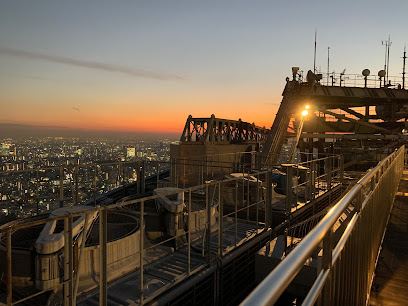
Hinokicho Park
Escape the city bustle in this serene Roppongi park, featuring a Japanese garden, playground, and peaceful atmosphere.
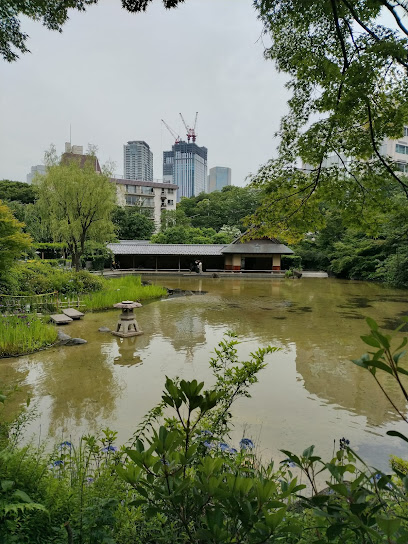
Roppongi Museum
Discover contemporary art and cultural exhibitions at the Roppongi Museum, Tokyo's premier destination for art enthusiasts.
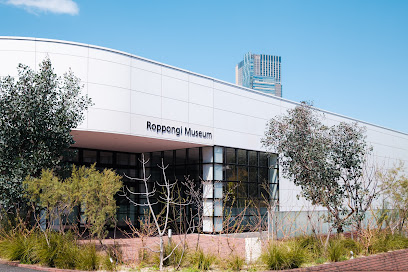
Mohri Garden
Explore the tranquil beauty of Mohri Garden in Roppongi Hills, Tokyo, a perfect blend of nature and modernity amidst the city's vibrant landscape.
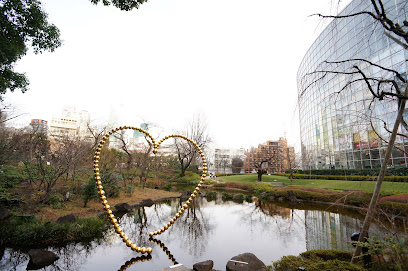
Roppongi Keyakizaka St.
Experience Tokyo's charm on Roppongi Keyakizaka Street: a blend of luxury, art, and stunning Tokyo Tower views.
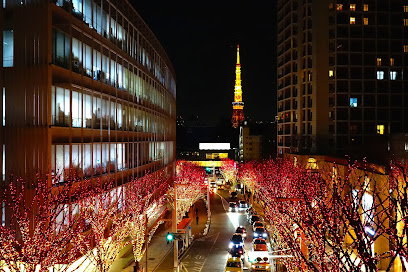
Tokyo Virtual Circuit
Experience Tokyo like never before with immersive VR simulations of iconic landmarks and thrilling racing circuits at Tokyo Virtual Circuit.
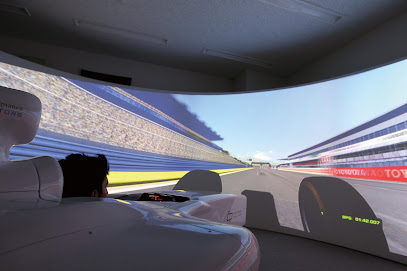
Essential places to dine
Jomon Roppongi
Experience authentic kushiyaki at Jomon Roppongi – where traditional Japanese flavors meet modern dining in Tokyo's vibrant nightlife.
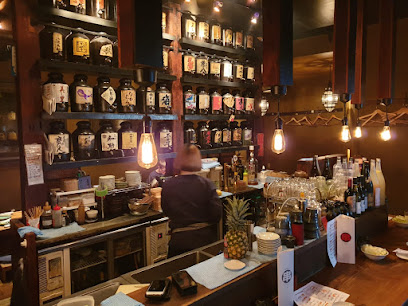
FALAFEL BROTHERS ROPPONGI
Discover the vibrant flavors of vegan cuisine at Falafel Brothers Roppongi - where falafel meets creativity in every bite.
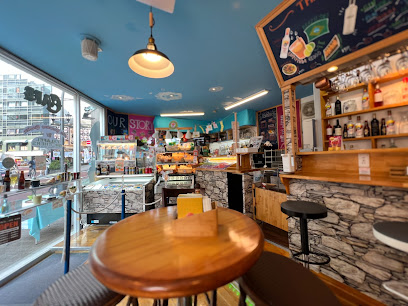
MEAT MAN Roppongi
Discover the essence of Japanese cuisine at MEAT MAN Roppongi—an izakaya renowned for its exceptional grilled meats and vibrant atmosphere.
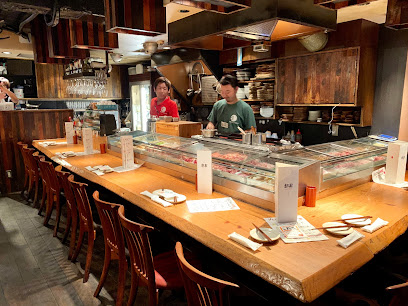
Frijoles Roppongi
Discover the best Tex-Mex cuisine at Frijoles Roppongi – where authentic flavors meet Tokyo's vibrant dining scene.
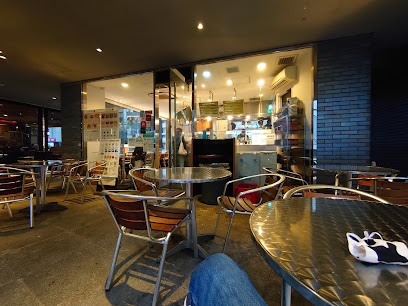
Ryuzu
Experience the pinnacle of haute French cuisine at Ryuzu in Roppongi – where art meets gastronomy in an unforgettable dining journey.
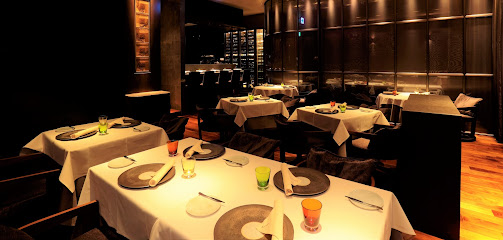
Ukai-tei Roppongi
Discover the art of Teppanyaki at Ukai-tei Roppongi, where gourmet cuisine meets spectacular culinary performances in Tokyo's vibrant district.
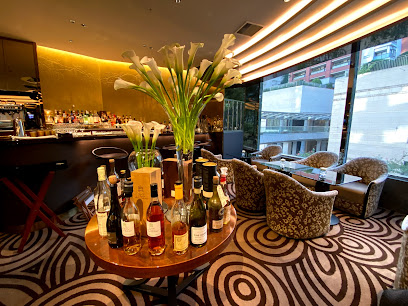
Jean-Georges Tokyo
Discover the exquisite blend of Modern French and New American cuisine at Jean-Georges Tokyo, where culinary artistry meets elegance.
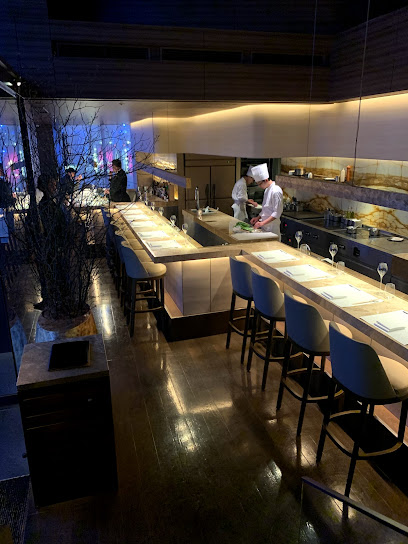
Roppongi Inakaya
Discover authentic Japanese cuisine at Roppongi Inakaya, where tradition meets modern dining in Tokyo's vibrant nightlife.
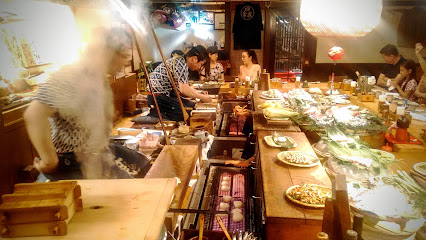
HALE Kai's Roppongi
Discover unique Japanese cuisine at HALE Kai's Roppongi - where traditional flavors meet creative culinary artistry.
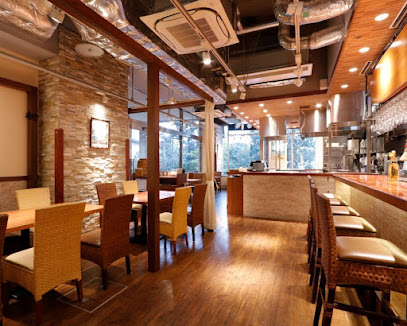
Ramies Roppongi
Discover Ramies Roppongi: A buffet paradise combined with live music and karaoke in the heart of Tokyo's nightlife.
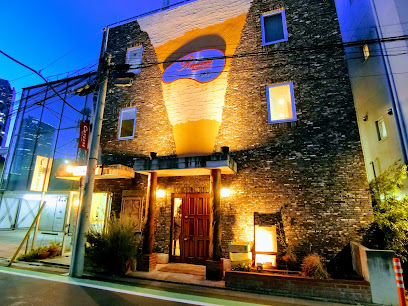
Markets, malls and hidden boutiques
Don Quijote Roppongi
Explore Don Quijote Roppongi, your ultimate discount shopping destination in Tokyo, offering an eclectic mix of products at unbeatable prices.
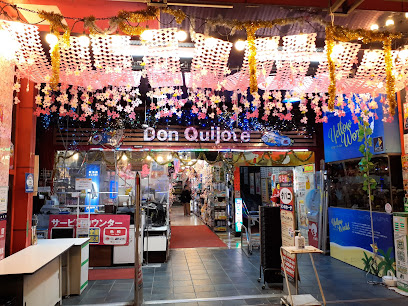
Roppongi Tsutaya Books
Discover the enchanting world of Roppongi Tsutaya Books, where literature, art, and leisure converge in the heart of Tokyo's vibrant district.
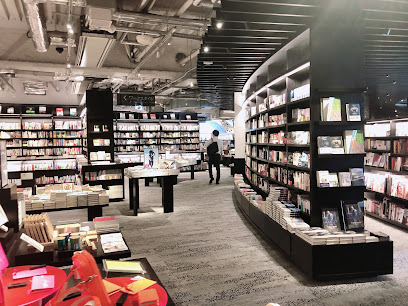
Louis Vuitton Roppongi Hills
Experience the epitome of luxury shopping at Louis Vuitton Roppongi Hills, where fashion meets exquisite craftsmanship in Tokyo.
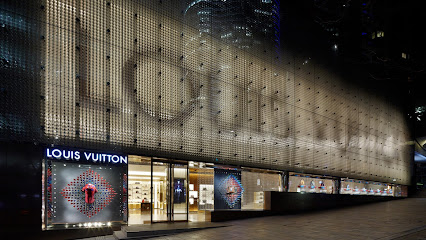
Rock Shop, Hard Rock Cafe Roppongi
Explore the vibrant spirit of rock at the Hard Rock Cafe Roppongi's Rock Shop, where music and fashion collide in a unique shopping experience.
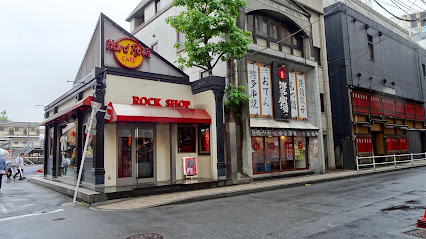
Souvenir from Tokyo
Explore 'Souvenir from Tokyo', the ultimate destination for unique gifts and authentic Japanese souvenirs in the heart of Roppongi.
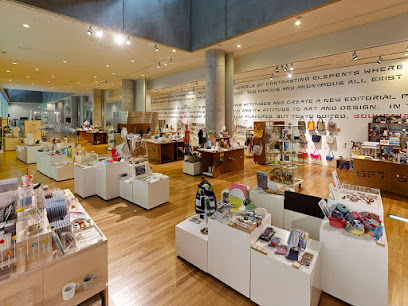
Mori Art Museum Shop
Explore the Mori Art Museum Shop for unique artistic gifts and souvenirs inspired by contemporary art in the heart of Tokyo’s Roppongi.
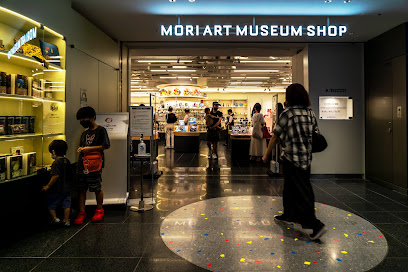
Roppongi Hills Art & Design Store
Explore the Roppongi Hills Art & Design Store, where art meets shopping in the heart of Tokyo's vibrant culture.
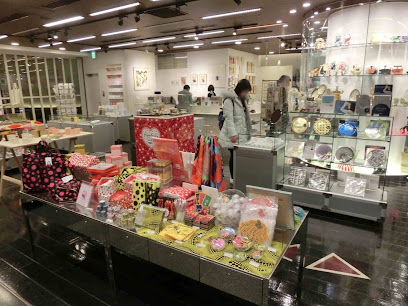
Tachihara Store
Explore Tachihara Store in Roppongi, Tokyo, for an eclectic shopping experience blending modern style with local culture.
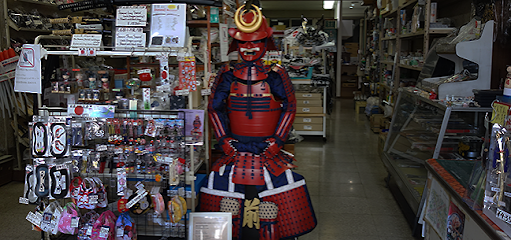
The House of Japantique
Explore the rich history of Japan through exquisite antiques at The House of Japantique in Roppongi, Tokyo.
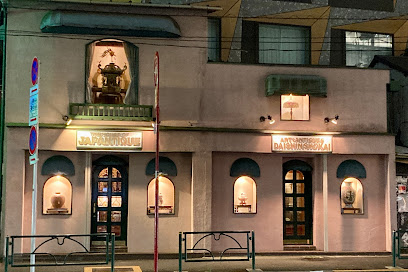
롯폰기
Experience the vibrant nightlife, rich culture, and diverse culinary scene of Roppongi, Tokyo's dynamic district that never sleeps.
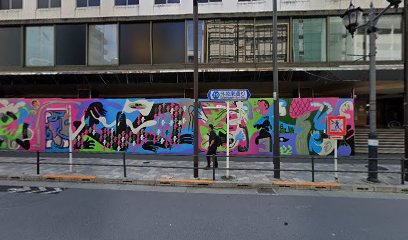
Essential bars & hidden hideouts
Hobgoblin Roppongi British Pub
Discover the vibrant ambiance of Hobgoblin Roppongi, a British pub in Tokyo, offering delicious food, wide beer selection, and lively sports events.

THE PUBLIC SIX
Explore the vibrant atmosphere of The Public Six, a premier gastropub in Roppongi, Tokyo, combining modern izakaya cuisine with a lively bar experience.
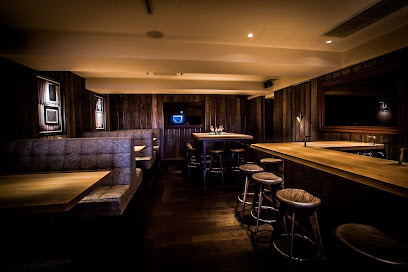
Geronimo Shot Bar
Experience the vibrant nightlife of Tokyo at Geronimo Shot Bar, where unique cocktails and a lively atmosphere await in Roppongi.
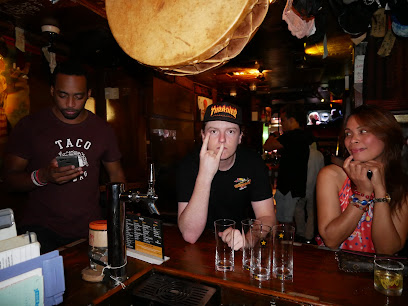
Bar Propaganda
Discover the vibrant nightlife of Tokyo at Bar Propaganda, a lively bar in Roppongi offering an extensive drink menu and a welcoming atmosphere.
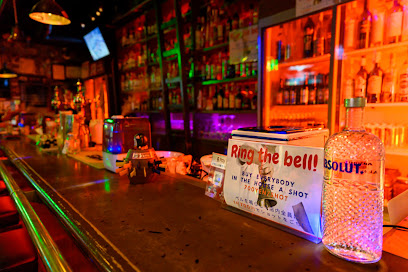
Bar Quest
Discover the vibrant nightlife of Roppongi at Bar Quest, where eclectic drinks meet an energetic atmosphere and late-night fun.
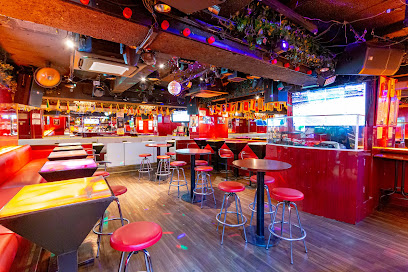
Abbot’s Choice Roppongi
Discover the vibrant fusion of Irish and Japanese cuisine at Abbot’s Choice Roppongi, a must-visit gastropub in Tokyo's nightlife scene.
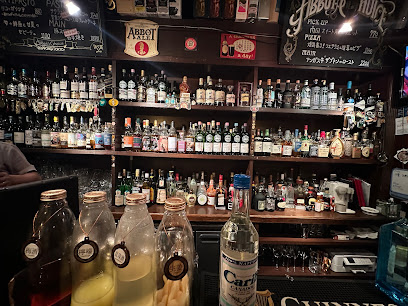
BAR Queen's-Q 六本木・六本木一丁目 カクテル&コーヒーがおすすめ人気
Discover Queen's-Q, Roppongi's top bar for exquisite cocktails and coffee in a modern izakaya setting, perfect for nightlife lovers and tourists alike.
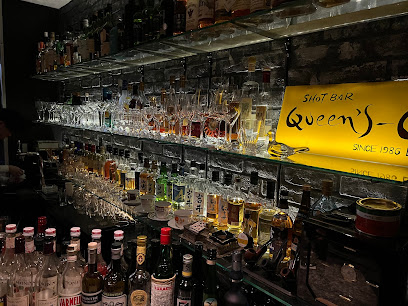
R1 Tokyo Restaurant & Cocktail Bar
Experience the vibrant fusion of modern Japanese cuisine and innovative cocktails at R1 Tokyo Restaurant & Cocktail Bar in Roppongi.
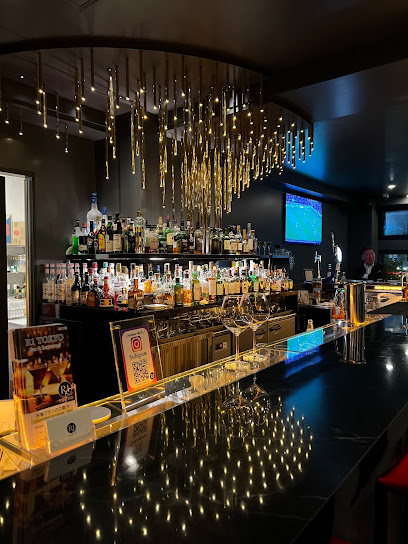
Bar as ONE Roppongi
Discover the vibrant nightlife at Bar as ONE in Roppongi, where traditional izakaya meets lively sports bar atmosphere for an unforgettable experience.
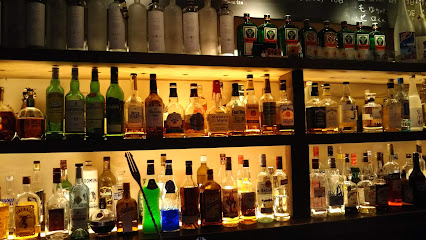
Ayano's Bar
Experience Tokyo's nightlife at Ayano's Bar, where exquisite cocktails meet a charming atmosphere in the heart of Roppongi.
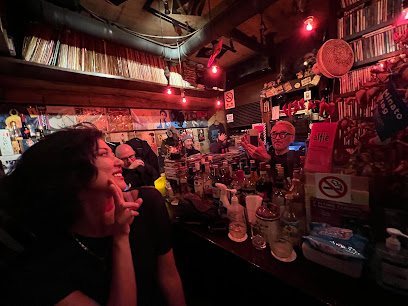
Local Phrases
-
- Helloこんにちは
[Konnichiwa] - Goodbyeさようなら
[Sayonara] - Yesはい
[Hai] - Noいいえ
[Iie] - Please/You're welcomeどうぞ
[Douzo] - Thank youありがとうございます
[Arigatou gozaimasu] - Excuse me/Sorryすみません
[Sumimasen] - How are you?お元気ですか?
[Ogenki desu ka?] - Fine. And you?元気です。あなたは?
[Genki desu. Anata wa?] - Do you speak English?英語を話せますか?
[Eigo o hanasemasu ka?] - I don't understandわかりません
[Wakarimasen]
- Helloこんにちは
-
- I'd like to see the menu, pleaseメニューを見せていただけますか?
[Menyuu o misete itadakemasu ka?] - I don't eat meat肉は食べません
[Niku wa tabemasen] - Cheers!乾杯!
[Kanpai!] - I would like to pay, pleaseお会計をお願いします
[Okaikei o onegaishimasu]
- I'd like to see the menu, pleaseメニューを見せていただけますか?
-
- Help!助けて!
[Tasukete!] - Go away!去ってください!
[Satte kudasai!] - Call the Police!警察を呼んで!
[Keisatsu o yonde!] - Call a doctor!医者を呼んで!
[Isha o yonde!] - I'm lost道に迷いました
[Michi ni mayoimashita] - I'm ill具合が悪いです
[Guai ga warui desu]
- Help!助けて!
-
- I'd like to buy...買いたいです...
[Kaitai desu...] - I'm just looking見てるだけです
[Miteru dake desu] - How much is it?いくらですか?
[Ikura desu ka?] - That's too expensiveそれは高すぎます
[Sore wa takasugimasu] - Can you lower the price?値引きしてもらえますか?
[Nebiki shite moraemasu ka?]
- I'd like to buy...買いたいです...
-
- What time is it?今何時ですか?
[Ima nanji desu ka?] - It's one o'clock一時です
[Ichiji desu] - Half past (10)10時半
[Juuji han] - Morning朝
[Asa] - Afternoon昼
[Hiru] - Evening夕方
[Yuugata] - Yesterday昨日
[Kinou] - Today今日
[Kyou] - Tomorrow明日
[Ashita] - 1一
[Ichi] - 2二
[Ni] - 3三
[San] - 4四
[Shi] - 5五
[Go] - 6六
[Roku] - 7七
[Nana] - 8八
[Hachi] - 9九
[Kyuu] - 10十
[Juu]
- What time is it?今何時ですか?
-
- Where's a/the...?...はどこですか?
[...wa doko desu ka?] - What's the address?住所は何ですか?
[Juusho wa nan desu ka?] - Can you show me (on the map)?地図で示してもらえますか?
[Chizu de shimeshite moraemasu ka?] - When's the next (bus)?次の(バス)はいつですか?
[Tsugi no (basu) wa itsu desu ka?] - A ticket (to ....)...行きの切符をください
[... Iki no kippu o kudasai]
- Where's a/the...?...はどこですか?
History of Roppongi
-
Roppongi's history begins in the Edo period (1603-1868), when it was primarily a farming area. The name 'Roppongi' translates to 'six trees', which is believed to refer to six prominent trees that marked the area. During this time, Roppongi was a small village catering to samurai and feudal lords traveling to Edo, the former name of Tokyo.
-
The early 20th century saw significant changes in Roppongi with the establishment of the Roppongi district as a residential area for foreigners and diplomats. The presence of embassies and international businesses marked the transformation of Roppongi from a quiet neighborhood into a cosmopolitan hub.
-
After World War II, Roppongi rapidly evolved, becoming a center for nightlife and entertainment. The 1960s and 1970s saw the emergence of bars, clubs, and restaurants, catering to both locals and foreigners. This period established Roppongi’s reputation as a vibrant nightlife destination, attracting artists, musicians, and expatriates.
-
In the early 2000s, the Roppongi Hills project was launched, transforming the landscape with the construction of a multi-use complex featuring offices, apartments, shops, and the Mori Art Museum. This development epitomized modern urban design in Tokyo and reinforced Roppongi's status as a cultural and economic center.
-
In recent years, Roppongi has become a symbol of globalization, attracting a diverse population and a plethora of international businesses. The area is known for its art galleries, high-end shopping, and culinary experiences that reflect both Japanese and international influences, making it a unique microcosm of Tokyo's cultural landscape.
Roppongi Essentials
-
Roppongi is easily accessible from various parts of Tokyo. The Roppongi station is served by the Tokyo Metro Hibiya Line and the Toei Oedo Line. From Shinjuku, take the Oedo Line directly to Roppongi Station, which takes about 15 minutes. From Tokyo Station, take the Hibiya Line to Roppongi, which will take approximately 20 minutes. If you're coming from Shibuya, you can take the Hibiya Line, which takes around 10 minutes.
-
Roppongi is a walkable neighborhood, but public transport can help you explore further. The subway is the most efficient way to navigate the area. Taxis are also readily available, but be prepared for higher fares, especially late at night. Bicycles are an increasingly popular way to get around; rental services are available in the area. Be mindful of pedestrian areas and follow traffic rules if cycling.
-
Roppongi is generally safe for tourists, but caution is recommended, especially at night. Avoid poorly lit streets and stay aware of your surroundings. While violent crime is rare, petty crimes like pickpocketing can occur, particularly in crowded areas or nightlife spots. Areas around Roppongi Hills and the main nightlife districts are usually safe, but it's best to remain vigilant.
-
In case of an emergency, dial 110 for police assistance and 119 for fire or medical emergencies. English-speaking operators may not always be available, so it's helpful to have a Japanese speaker with you. Locate the nearest hospital or clinic upon arrival. The Roppongi area has several medical facilities, including international clinics.
-
Fashion: Do dress stylishly, as Roppongi is known for its upscale venues. Avoid overly casual attire when visiting high-end restaurants. Religion: Do respect local customs when visiting temples or shrines. Public Transport: Do maintain quiet and avoid speaking loudly. Don't eat or drink on public transport. Greetings: Do bow slightly when greeting someone; handshakes are also common. Eating & Drinking: Do try local izakayas and sushi bars. Don't engage in rowdy behavior in public spaces or during dining.
-
To experience Roppongi like a local, visit the local art galleries and museums, such as the Mori Art Museum. Participate in local festivals if visiting during the summer. Explore the hidden alleyways for authentic dining experiences away from the tourist crowds. Try to learn a few basic Japanese phrases; locals appreciate the effort. Don't miss out on the vibrant nightlife but be mindful of local etiquette, especially in bars and clubs.
Nearby Cities to Roppongi
-
Things To Do in Nagoya
-
Things To Do in Kanazawa
-
Things To Do in Kyoto
-
Things To Do in Nara
-
Things To Do in Osaka
-
Things To Do in Hiroshima
-
Things To Do in Sapporo
-
Things To Do in Fukuoka
-
Things To Do in Pohang
-
Things To Do in Gyeongju
-
Things To Do in Ulsan
-
Things To Do in Busan
-
Things To Do in Andong
-
Things To Do in Daegu
-
Things To Do in Chuncheon












